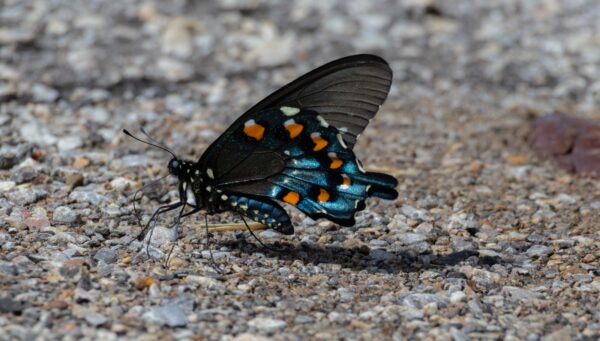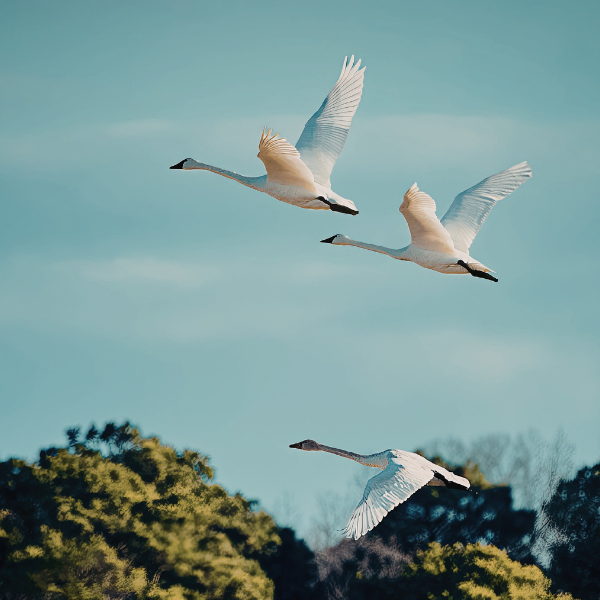Last spring we launched a series with poets whose work we love and want to feature and will continue it moving forward.
Our next poet is Julie Cadwallader Staub whose recent work is centered on the intersection of human experience, nature, the marginalized, and sorrow in the world. Read her poetry and discover more about the connections she makes between poetry and the sacred. “Lister to her read “Trees” below.
Jesus Buys a House in South Burlington, VT
I live in a lovely
neighborhood or at least it
used to be, before he
moved in next door.
Now there’s a stream of raggy people on bikes,
in cars, most trudging up the street on foot to
his raised ranch.
Those old unkempt men who live under
the bridges and back in the woods.
Those women, streetwalker-types, and
old ones with walkers or canes.
Children too, and migrants, immigrants,
illegals, college kids all the riffraff plus a
few decent people some fancy cars
mixed in.
And he feeds them.
Has an old Weber
grill set up in the front
yard.
I called the police and saw them pull up— I
thought they would shut down the
operation— but apparently he’s not
breaking any laws not even disturbing the
peace and today the paper reported that the
officers resigned from their positions and
moved in with him.
And it’s true—I’ve seen them working
side by side with the others serving
food cleaning up weeding that big
garden in the front yard.
The article didn’t include what Jesus said, though, that made
those officers leave good jobs to stay with him. What does
he say that makes all those people want to be near him?
Every night he builds a bonfire out front. Stands there
in the light with everyone gathered around him and I
have to tell you—
I don’t know why I’m doing this, I’m not the kind of person
who does this kind of thing— but here I am, standing in my
bedroom next to my open window to listen.
Themes of Her Work
My poetry has focused on the intersection of nature, human experience and the sacred. Though that is still the case, my poetry is moving more in the direction of sorrow in the world. In these times of enormous challenge, I am drawn more than ever to the life and example of Jesus, and the lives of those who are marginalized and beaten down by capitalism, patriarchy, racism, and misogyny, including our precious planet and the infinite number of living beings (including us) who are utterly and completely dependent upon it.
Turning
There comes a time in every fall
before the leaves begin to turn when
blackbirds group and flock and gather
choosing a tree, a branch, together to
click and call and chorus and clamor
announcing the season has come for
travel.
Then comes a time when all those
birds without a sound or backward
glance pour from every branch
and limb into the air, as if on a
whim but it’s a dynamic,
choreographed mass a swoop, a
swerve, a mystery, a dance
and now the tree stands breathless,
amazed at how it was chosen, how it
was changed.
Poetry and the Sacred
I’m walking downtown and see a man pushing a poodle in a stroller. Why would a man be pushing a poodle in a stroller? Is my life more like the poodle’s, being pushed in directions that I haven’t chosen, or more like the man’s? I love the ways God surprises me in everyday life and poses these questions.
I’m walking my dog and hear a house finch singing its spring song, though it’s January. Where is God in this climate crisis? God’s creation is sacred, and creation manifests the sacred in an infinite number of ways. Surely this is the most precious thing, the pearl of great price, and yet—we are destroying it. What does this little bird teach me? That we should keep singing as the planet is burning? That there is joy everywhere, even—or especially—in the midst of crisis?
Poems are everywhere, a manifestation of God in our world, of the sacred among us. Alertness to poetry is alertness to the presence of God for me; then writing the poem is an intense process of listening; then editing (and editing, and editing) the poem deepens that process further. It’s a profound experience, the best that I’ve found yet.
Shine
After the first bus comes and
picks up a dozen passengers, I’m alone
at the bus stop
when an older man approaches me drooling,
dressed in a bright yellow crossing guard vest his
clothes stained, hanging loose from his frame
says Do you have a dollar to
spare Yes, I certainly do, I say
and reach into my bag
…such watery blue eyes he has and
what makes a person drool like that…
Do you believe in God he asks as
I glance down to my wallet to
avoid the ten or the five I say, yes,
I certainly do
and when I look at him again he has
straightened up, and there, beside
Shelburne Road and its four lanes of
traffic in rush hour frenzy,
He makes a sweeping sign of the
cross as high as he can reach as
wide as he can stretch
and says, looking at
me God bless you
and Jesus too.
Then he takes the dollar in his
rough, misshapen hands
and walks down the block, across the street
that safety vest shining the whole way.
About Julie Cadwallader Staub
Julie Cadwallader Staub was born in Minneapolis MN. She grew up with her five sisters beside one of Minnesota’s lakes. Her favorite words to hear growing up were, “Now you girls go outside and play.” She graduated from Earlham College, a Quaker college in Richmond, Indiana with a degree in Religious Studies, earned a Masters in Social Work from Rutgers University, and has made her career in social justice work, especially for women and children. She found her way home to Vermont in 1992, and has lived near Burlington ever since.
Her poems have been published in Hunger Mountain Review, Potomac Review, Spiritus, ARTS, Comstock Review, and the Connecticut River Review among others; featured on The Writer’s Almanac, and included in several anthologies, notably Poetry of Presence: An Anthology of Mindfulness Poems, and Roads Taken: Contemporary Vermont Poetry.
She was awarded a Vermont Council on the Arts grant for poetry in 2001. Her poem Milk won Hunger Mountain Review’s 2015 Ruth Stone Poetry Prize, and her poem Turning has been nominated for a 2020 Pushcart Prize. Milk, Turning and sixty other poems are included in her new collection, Wing Over Wing, published in 2019 by Paraclete Press. The first collection of her poems, Face to Face, was published by Cascadia Publishing House in 2010.
You can read her poems and order her books at her website at JulieCSPoetry.com.
Dreaming of Stones
Christine Valters Paintner‘s new collection of poems Dreaming of Stones has been published by Paraclete Press.
The poems in Dreaming of Stones are about what endures: hope and desire, changing seasons, wild places, love, and the wisdom of mystics. Inspired by the poet’s time living in Ireland these readings invite you into deeper ways of seeing the world. They have an incantational quality. Drawing on her commitment as a Benedictine oblate, the poems arise out of a practice of sitting in silence and lectio divina, in which life becomes the holy text.


